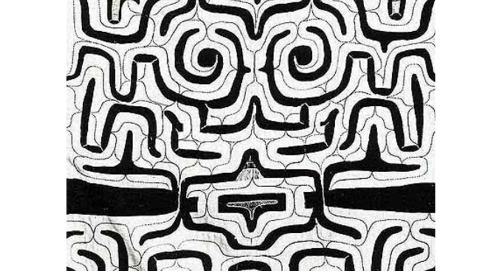discovery-integration-for-wiley-online-library
July 30, 2019
Discovery and access are critical to driving usage to licensed content. Following discovery-related industry standards and collaborating with library solutions partners are instrumental parts of improving discovery. Wiley maintains its commitment to the seamless integration of published content into local systems, in order to promote library sanctioned discovery. Please see the information below, which outlines the extent of Wiley's discovery practices and partnerships with library solutions vendors.
Discovery Services
Web-scale discovery services (or discovery layers) are tools that search across institutional collections and provide relevance-ranked results. They are used in libraries around the world to help augment licensed content discovery and provide multiple entrance points to users. To create a less complicated experience for library workflows and user searches, Wiley has partnered with various discovery vendors for the benefit of our mutual customers.
Below is a table which explains the extent to which Wiley content is indexed with these discovery vendors:
| Vendor | Product Name | Wiley eJournals (Frontfile and Backfile) | Wiley Online Books | Wiley Reference Works | Wiley Digital Archives | The Cochrane Library |
|---|---|---|---|---|---|---|
EBSCO | EDS | ✔ | ✔ | in progress | ✔ | ✔ |
Ex Libris | Primo | ✔ | ✔ | in progress | in progress | ✔ |
OCLC | WorldCat Discovery | ✔ | ✔ | planned | in progress | ✔ |
ProQuest | Summon | ✔ | ✔ | in progress | ✔ | in progress |
TDNet | TDNet Discover | ✔ |
| planned | ✔ | |
Yewno | Yewno Discover | ✔ | ✔ | planned | in progress |
Discovery Services Resources
- EBSCO Discovery Service (EDS) Configuration Guide for Wiley Content
- OCLC WorldCat Discovery Configuration Guide for Wiley Content
- ProQuest Summon Configuration Guide for Wiley Content
- Ex Libris Primo Information (Wiley guide coming soon)
KBART Files
KBART is an acronym for KnowledgeBase And Related Tools. It is a NISO recommended practice that allows for a standardized method of displaying title lists and was originally developed for link resolver vendors. Now the uses for KBART span widely into electronic resource management, and content integration with vendor knowledgebases is critical.
- For access to our KBART collections, please visit this page.
MARC Records
MARC is the acronym for MAchine-Readable Cataloging. It defines a data format by which computers exchange, use, and interpret bibliographic information, and its data elements make up the foundation of most library online public access catalogs used today. These can simply be defined as electronic versions of "cards" in library card catalogs. They are a focal point of monograph discovery and are critical for libraries who want to help multiple entry points to online book content.
Institutions that have purchased Online Books or Electronic Major Reference Works are entitled to receive free MARC records through Wiley's MARC record partner, OCLC. These full-level bibliographic records include key metadata elements that drive discovery such as; table of contents, book summaries, Library of Congress subject headings, call numbers and more. In order to receive these records at no additional charge, users must take a few steps to set up a collection with OCLC. Once completed, customers are able to receive records seamlessly, through the Collection Manager platform.
Please view the documents below, which help determine what steps your library needs to take to acquire MARC records:
- Wiley MARC Records Decision Tree
- Wiley MARC Records for UBCM Customers
- Wiley MARC Records Set Up Guide
Federated Search
- For instructions on federated search implementation, please use the Wiley Online Library SRU guide.
NISO - ODI Checklist
Wiley is an active NISO member and has gone to considerable lengths to comply with the Open Discovery Initiative (ODI). ODI conformance is an industry-wide discovery practice which helps provide transparency and allows libraries to assess how content providers share their product level information. It is also a technical recommendation for metadata exchange such as data formats, methods of delivery, usage reporting, and frequency of updates.
- To access the Wiley ODI Conformance Checklist, click here.













